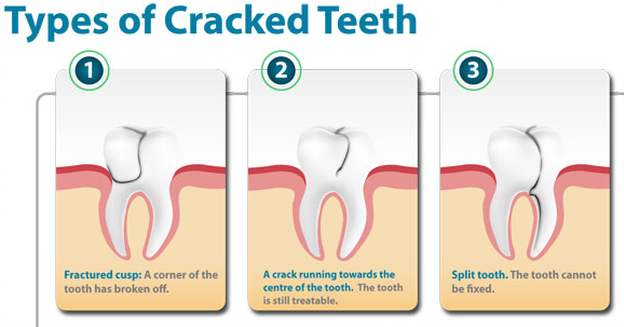Our Apex dentists are eager to show you the proper tooth brushing tips in order to prevent gum disease. Most people report some confusion when it comes to tooth brushing tips. Some dentists will recommend one way, while other dentists say something else. There doesn’t seem to be one uniform recommendation for oral health. But as long as you following the tips of our Apex dentists, you will experience a healthier oral hygiene routine in no time.
Split Mouth into Four Groups
Draw an imaginary line down the middle of your two front teeth on the top and bottom of your mouth. You should now have four distinct sections of your mouth: the top left, the bottom left, the top right, and the bottom right. Brush each section thoroughly for 30 seconds. This is how you can be sure that you’re spending enough time with your brushing habits. Many people just don’t brush long enough.
Use Gentle, but Firm Strokes
Don’t grip your toothbrush with a tight fist. Use the same grip you would use for a pencil. All you need is short, gentle strokes to get rid of plaque and prevent gum disease. Applying too much pressure to the brush will irritate your teeth and gums. As long as you brush for two full minutes twice per day, you shouldn’t have to apply a lot of pressure when you brush.
45 Degree Angle
You want to hold the brush at a 45 degree angle when you use it. This is the most effective angle to remove plaque and keep it from building up in your mouth. Use short, horizontal strokes in a circular motion. This can be difficult on the sides and in the back of your mouth. But you should be able to fit the brush into those areas of your mouth enough to get the job done.
Twice Per Day
It can’t be stated enough that you must brush twice per day. It’s easy to get into the routine once you make an effort. You won’t even need to make an effort after a while since it will be automatic. You could set reminders on your phone each morning to tell you to brush your teeth. You need to brush twice per day so that the plaque doesn’t build up too much. Your breath will taste and smell better with regular brushing, and your oral health will improve.

 Dental crowns offer natural-looking restoration results for teeth that have been damaged from trauma or infection. Until recently, receiving a custom-made, permanent crown could take weeks; now,
Dental crowns offer natural-looking restoration results for teeth that have been damaged from trauma or infection. Until recently, receiving a custom-made, permanent crown could take weeks; now, 

 Postponing treatment can lead to more serious complications such as an infection or a deeper fracture. That is why it is important not to ignore warning signs or dental pain and sensitivity. By seeking treatment early, there is a typically better prognosis for the tooth. which also usually results in a lower financial cost of treatment.
Postponing treatment can lead to more serious complications such as an infection or a deeper fracture. That is why it is important not to ignore warning signs or dental pain and sensitivity. By seeking treatment early, there is a typically better prognosis for the tooth. which also usually results in a lower financial cost of treatment.
